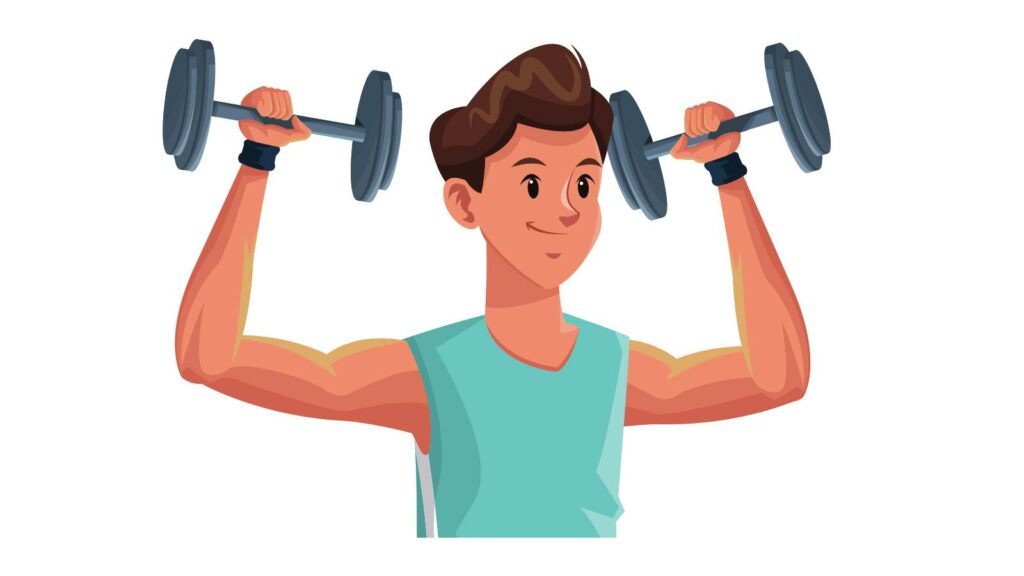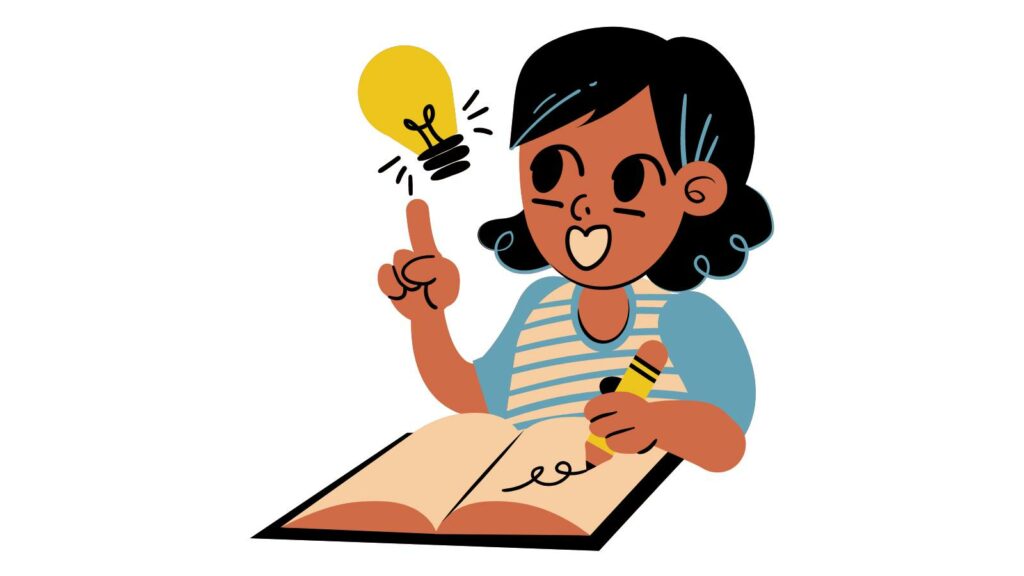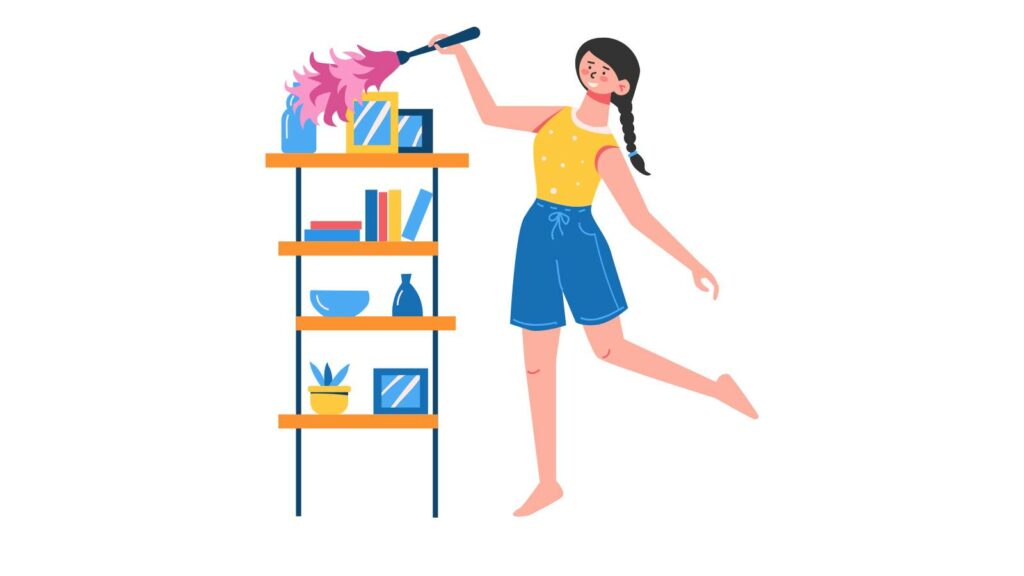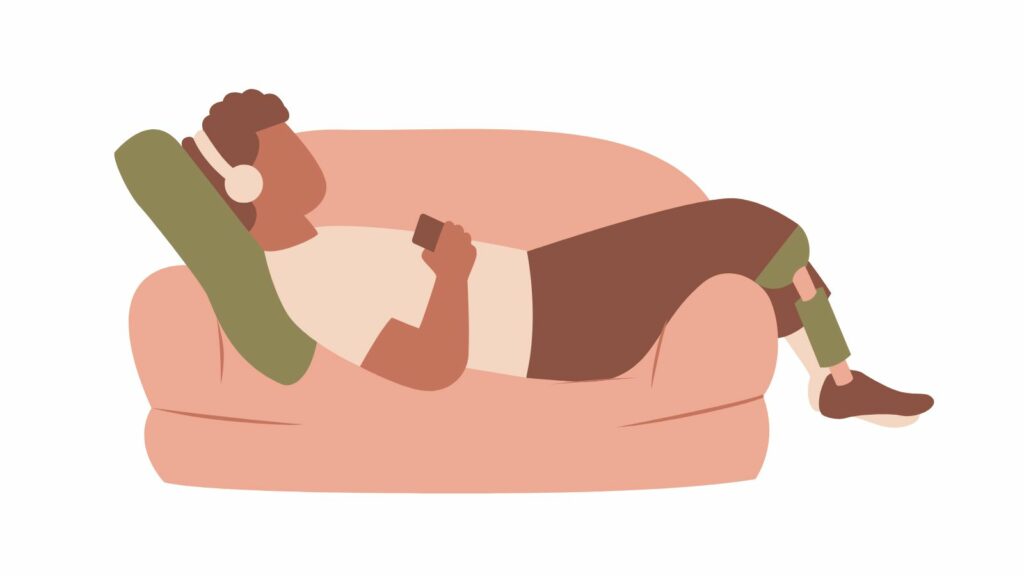"This post contains affiliate links. As an Amazon Associate, I earn from qualifying purchases."
Last Updated on March 7, 2024 by Rifthy
The power of music and its ability to enhance our mood and productivity. Music has the ability to evoke emotions, change our moods, and even improve our cognitive abilities. Whether it’s listening to a favorite song that can instantly put you in a good mood or using music as a tool to increase focus and productivity, the benefits of music are undeniable.
There are many things that can be done while listening to music to make the most out of the experience. From exercising to studying and cleaning, music can be used as a tool to enhance our overall well-being.
In this blog post, we will explore some of the different ways that music can be incorporated into our daily lives to make the most out of the experience.
Discussed Topics
Exercise: Music can be a great motivator during a workout

Studies have shown that listening to music can increase endurance and energy, allowing us to push ourselves further and harder during a workout. This is because music can act as a distraction from the physical exertion of exercise, making it easier to push through those last few reps or miles.
Researches suggests that upbeat, fast-paced music with a strong beat can be particularly effective for cardio exercises, while slower, more calming music may be better suited for yoga or stretching.
Synchronizing the rhythm of your movements with the beat of the music can also help to improve coordination, increase the efficiency of your workout, and make it more enjoyable overall.
Tips for creating a workout playlist that will keep you motivated
- Create a personalized workout playlist that is tailored to your personal taste and workout routine. This will make it more likely that you’ll enjoy the music, and therefore, be more motivated to stick to your workout routine.
- Experiment with different genres and tempos of music. Different types of music can have different effects on our mood and energy levels, so try out different styles to find what works best for you.
- Opt for music with positive and uplifting lyrics. Music with lyrics that inspire and motivate can help boost your mood and keep you motivated throughout your workout.
- Use music as a reward system. Set specific goals for your workout and reward yourself with a song or a playlist once you achieve it. This will help to keep you motivated and give you something to look forward to during your workout.
If you are looking for the best over ear work out headphones to listen to your favorite music while working out check out our guide
Study: Music can be a helpful tool for concentration and retention

Studies have shown that different genres of music can have different effects on the brain. For example, classical music has been found to improve focus and concentration, while ambient or nature sounds can be helpful for relaxation and reducing stress.
Studies also suggest that certain types of music can help to improve memory retention and recall. For example, music with a moderate tempo, like a Mozart sonata, can help to improve spatial-temporal reasoning, which is important for tasks like problem-solving and learning new information.
However, it is also important to note that not all music will have the same effect on all people, so it’s important to experiment and find what works best for you. To make everything easy for you we have made a list of the Best headphones for studying plus 2 to avoid at any cost.
Study tips for using music to increase focus and retention
- Create a personalized study playlist that includes different music genres known to improve focus and concentration.
- Experiment with different types of music to find what works best for you. For example, if you find that classical music helps you to focus, try listening to different composers or pieces to find what you enjoy the most.
- Use music as a background noise while studying. Playing music at a low volume in the background can help to reduce distractions and improve focus.
- Take breaks and listen to music. Taking short breaks to listen to music can help to refresh the mind and improve focus.
- Incorporate music into your study routine. For example, listen to music while reviewing notes, reading text or doing your homework. This will help to create a positive association between music and studying, making it easier to focus when you study.
Cleaning: Music can make cleaning and organizing more enjoyable

Music can be a powerful tool for changing our mindset and attitude towards tasks. By incorporating music into your cleaning routine, you can make a task that is usually tedious and unenjoyable, more fun and enjoyable.
Music can also help to boost energy levels, making it easier to tackle larger cleaning projects.
Additionally, listening to music while cleaning can help to create a sense of flow, where the task becomes more automatic and requires less conscious effort, making it feel less tiring.
Tips for creating a cleaning playlist that will make you feel energized and motivated
- Create a personalized cleaning playlist that includes upbeat and energetic music.
- Experiment with different genres and tempos of music. Find the one that makes you feel more energized and motivated.
- Incorporate music into your cleaning routine. Play your playlist while you are cleaning to make the task more enjoyable.
- Take short breaks to listen to your favorite songs while cleaning. This will help to refresh your mind and give you a boost of energy to keep going.
- Use lyrics to your advantage. Choose songs with positive and uplifting lyrics that will help boost your mood and keep you motivated throughout the cleaning process.
Relaxation: Music can be an excellent tool for relaxation and stress relief

Music has the ability to affect our physiological and psychological state, making it a powerful tool for relaxation and stress relief. For example, slow and calming music can help to slow down breathing and heart rate, which can lead to a more relaxed state.
Music therapy is also a well-known method for reducing anxiety, depression, and stress. It can help to create a sense of calm and well-being, by promoting relaxation and reducing tension in the body.
Different genres of music can also have different effects on our mood and emotions. For example, listening to music that evokes feelings of nostalgia can help to create a sense of comfort, while listening to upbeat and positive music can help to lift the mood and reduce feelings of stress.
Tips for creating a relaxation playlist that will help you unwind and de-stress
- Create a personalized relaxation playlist that includes slow and calming music.
- Experiment with different genres of music to find what works best for you. For example, if you find that classical music helps you to relax, try listening to different composers or pieces to find what you enjoy the most.
- Incorporate music into your relaxation routine. Listen to your playlist while you are meditating, doing yoga or taking a bath, to create a sense of calm and well-being.
- Use natural sounds like ocean waves, birds singing, or thunderstorm sounds. These can help to create a peaceful and calming environment, perfect for relaxation and stress relief.
- Incorporate music in your daily routine, and listen to it while you’re cooking, driving, or doing any other activity you like, to create a positive association between music and relaxation.
In conclusion, I’ve learned that there are many things that can be done while listening to music to make the most out of the experience. Whether it’s working out, studying, cleaning or relaxing, music can be used as a tool to enhance our overall well-being.
I’ve discovered that music can boost motivation, improve focus and retention, make cleaning and organizing more enjoyable, and help in relaxation and stress relief. I’ve also learned that different types of music can have different effects on our mood and energy levels, so it’s important to experiment and find what works best for you.
When I am creating a personalized playlist tailored to my personal taste and routine, I’m more likely to enjoy the music, and therefore, be more motivated to stick to my routine. I encourage you to experiment with different genres and tempos of music, and different activities such as studying, cleaning or relaxing, to find your perfect combination.
Remember, everyone is unique, and what works for one person may not work for another, so it’s important to find what works best for you.
If you’re looking to enhance your focus and concentration while studying, consider investing in the top classical music headphones, which can significantly improve your study experience.

ONLY 4???????????????????????????????????????????!!!!!!!!!! I NEED MORE PLEASE HELP ME TAKE THE CAPITAL LETTERS OFF OF MY SCREEN